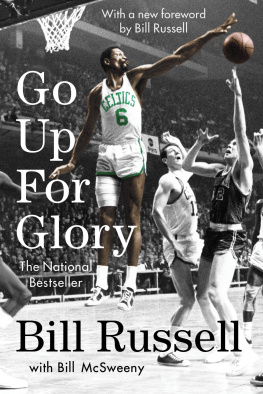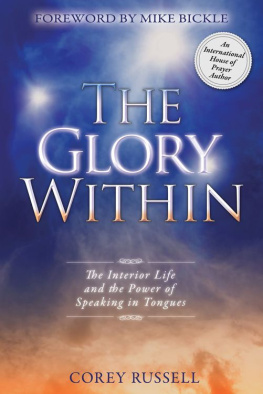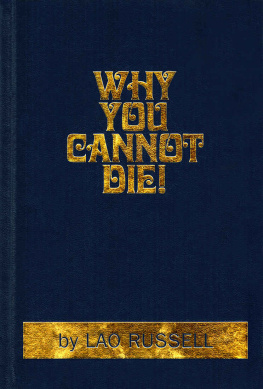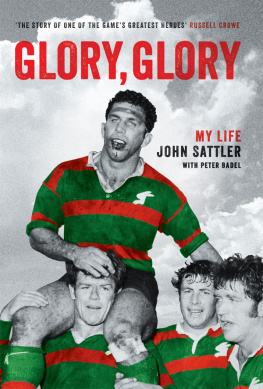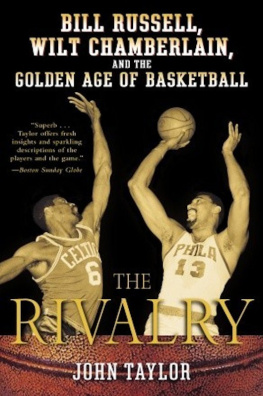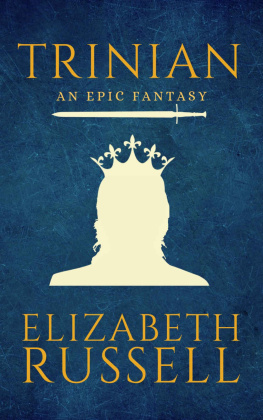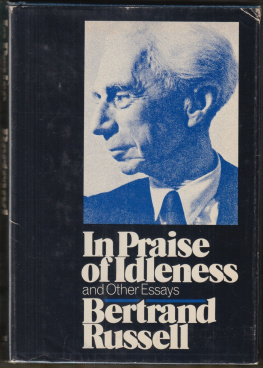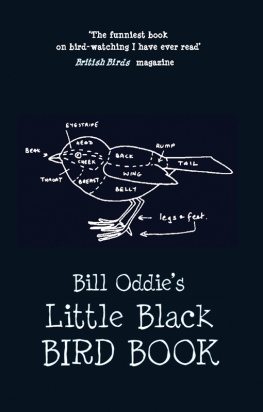Bill Russell - Go Up for Glory
Here you can read online Bill Russell - Go Up for Glory full text of the book (entire story) in english for free. Download pdf and epub, get meaning, cover and reviews about this ebook. year: 2020, publisher: Penguin Publishing Group, genre: Detective and thriller. Description of the work, (preface) as well as reviews are available. Best literature library LitArk.com created for fans of good reading and offers a wide selection of genres:
Romance novel
Science fiction
Adventure
Detective
Science
History
Home and family
Prose
Art
Politics
Computer
Non-fiction
Religion
Business
Children
Humor
Choose a favorite category and find really read worthwhile books. Enjoy immersion in the world of imagination, feel the emotions of the characters or learn something new for yourself, make an fascinating discovery.
- Book:Go Up for Glory
- Author:
- Publisher:Penguin Publishing Group
- Genre:
- Year:2020
- Rating:5 / 5
- Favourites:Add to favourites
- Your mark:
- 100
- 1
- 2
- 3
- 4
- 5
Go Up for Glory: summary, description and annotation
We offer to read an annotation, description, summary or preface (depends on what the author of the book "Go Up for Glory" wrote himself). If you haven't found the necessary information about the book — write in the comments, we will try to find it.
Go Up for Glory — read online for free the complete book (whole text) full work
Below is the text of the book, divided by pages. System saving the place of the last page read, allows you to conveniently read the book "Go Up for Glory" online for free, without having to search again every time where you left off. Put a bookmark, and you can go to the page where you finished reading at any time.
Font size:
Interval:
Bookmark:
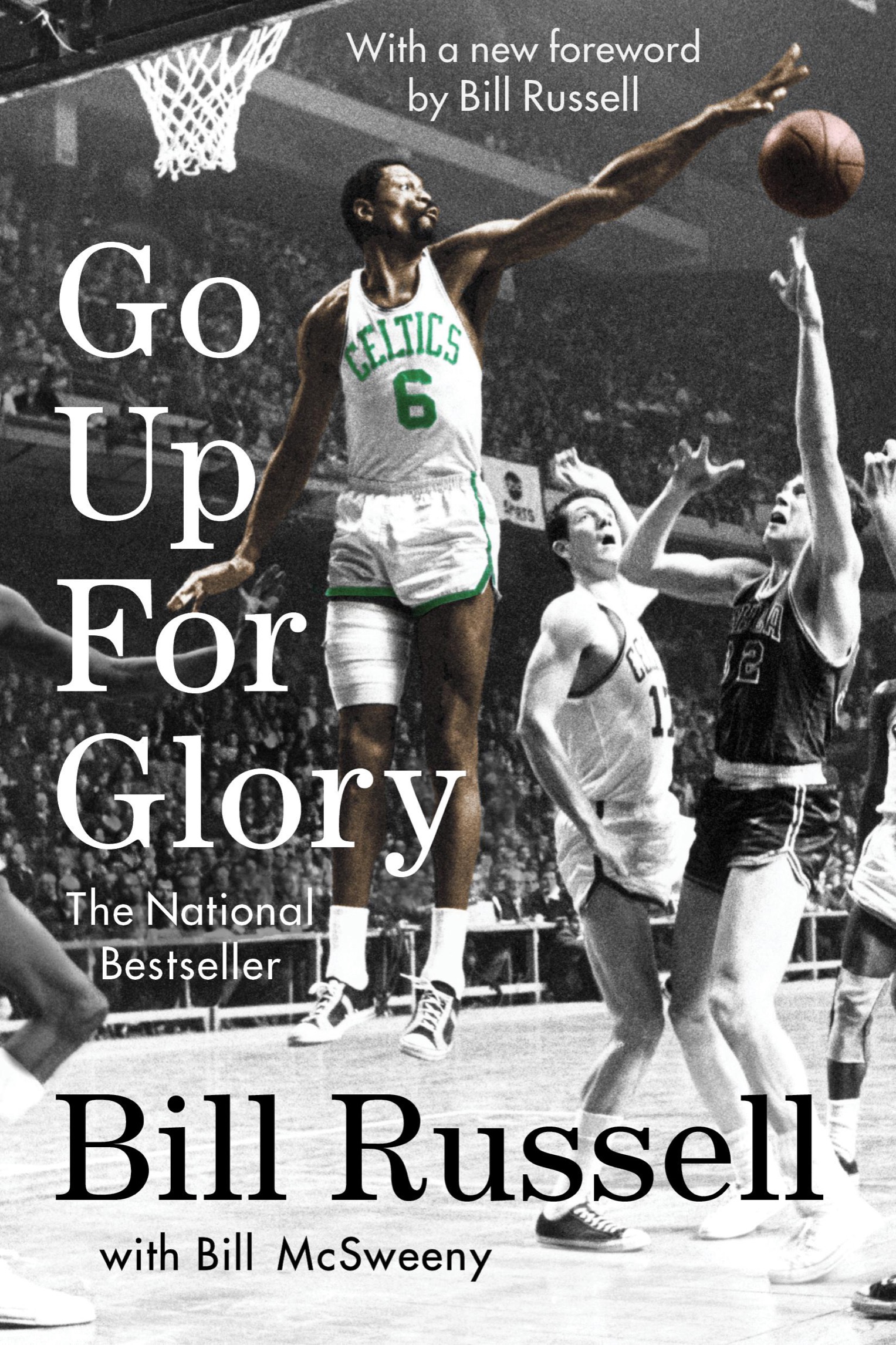
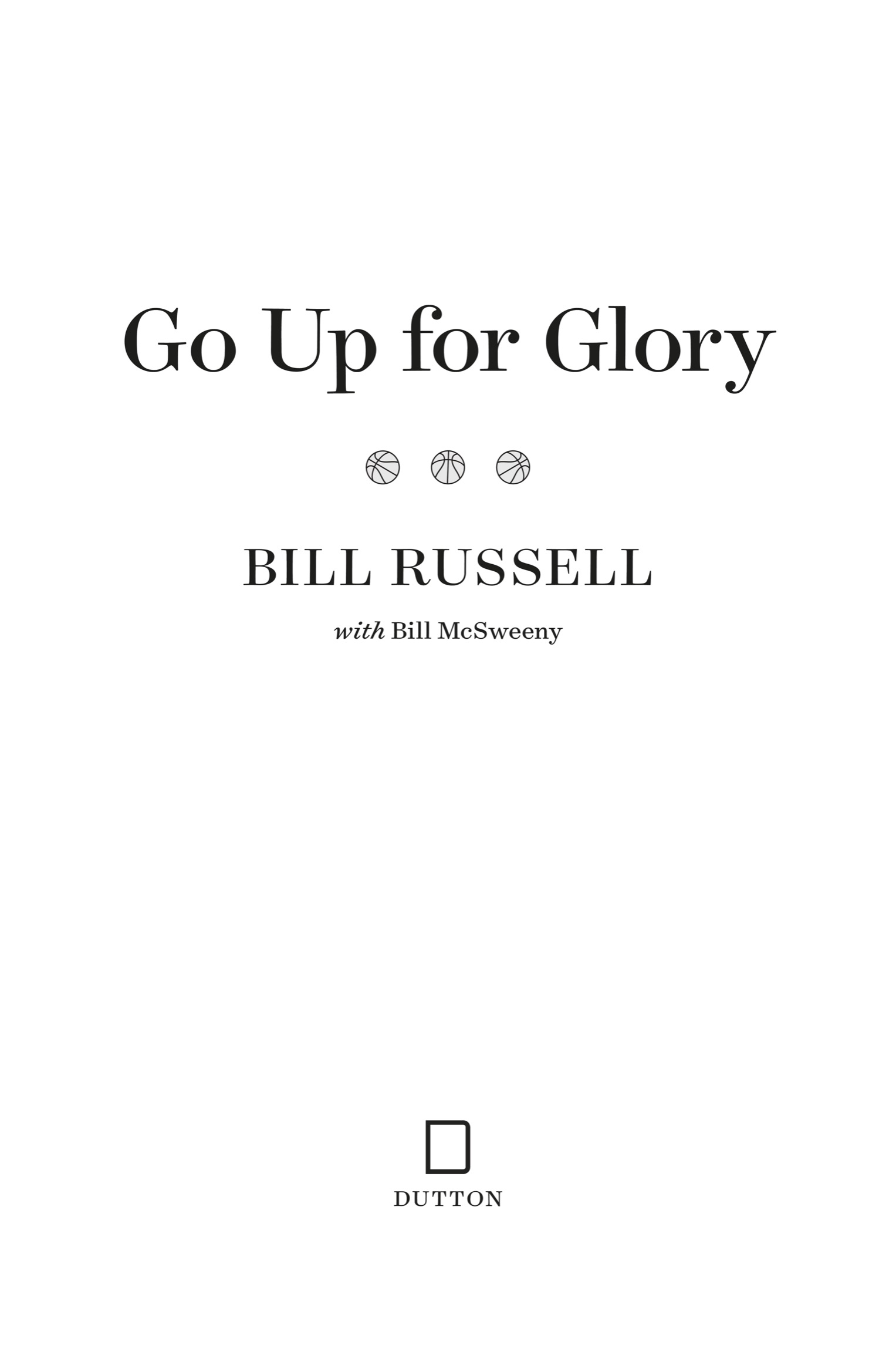

An imprint of Penguin Random House LLC
penguinrandomhouse.com

Copyright 1966 by William Felton Russell and William Francis McSweeny
Foreword copyright 2020 by William Felton Russell
Penguin supports copyright. Copyright fuels creativity, encourages diverse voices, promotes free speech, and creates a vibrant culture. Thank you for buying an authorized edition of this book and for complying with copyright laws by not reproducing, scanning, or distributing any part of it in any form without permission. You are supporting writers and allowing Penguin to continue to publish books for every reader.
First Berkley hardcover edition: January 1966
First Berkley trade paperback edition: December 1974
Dutton trade paperback edition ISBN: 9780593184226
Ebook ISBN: 9780593184233
While the author has made every effort to provide accurate telephone numbers, internet addresses, and other contact information at the time of publication, neither the publisher nor the author assumes any responsibility for errors or for changes that occur after publication. Further, the publisher does not have any control over and does not assume any responsibility for author or third-party websites or their content.
Cover photograph by Dick Raphael/NBAE via Getty Images
pid_prh_5.6.1_c0_r0
To all the worlds children... in the hope that they will grow up as we could not... equal... and understanding.
William Felton Russell,
William Francis McSweeny
Not what we give, but what we share... for the gift without the giver is bare.
James Russell Lowell


When I joined the Boston Celtics in December of 1956, there were only fifteen Black players in the league. It had been six years since Red Auerbach, coach of the Boston Celtics, drafted Chuck Cooper, a Black player from Duquesne. Immediately after Cooper joined the league in 1950, NBA owners held an emergency meeting in which Eddie Gottlieb, owner of the Philadelphia Warriors, warned that teams should set up a quota system or the league would be 75 percent Black in five years.
The majority of our fans are white. How long do you think theyll pay good money to watch colored players take over our game? Gottlieb asked. When Gottlieb stressed that each team should be limited to two Black players, Auerbach and Walter Brown, owner of the Celtics, walked out.
What were talking about goes beyond the number of coloreds on the roster, Gottlieb said. We have to be careful how we use them. Dont have a colored player guarding one of our white stars. Try to have coloreds guard each other. It will keep our white fans from getting upset, Gottlieb added.
When I joined the Celtics, Boston was a two-sport citybaseball in the summer, hockey in the winter. The Boston Patriots (later the New England Patriots) were not founded until 1959. The Celtics, like the rest of the league, struggled financially, playing in half-empty arenas. Sell-outs occurred only when the Harlem Globetrotters came to town and played an exhibition after an NBA game.
Abe Saperstein, president of the Globetrotters, warned NBA owners he would boycott their arenas if they drafted a Black player. He kept Black players out of the NBA for years, until Red Auerbach and Walter Brown stood up to him. I initially refused entry into the NBA Hall of Fame because it had inducted people like Saperstein.
Not everyone shared Red Auerbachs opinion of my basketball skills when I first came into the league. Some Boston writers said I was too skinny, couldnt shoot, and didnt have the size or stamina to exist in the rough-and-tumble NBA. Red Auerbach addressed the issue at our first meeting.
Have you been reading these stories about your inability to score? Auerbach asked.
Its been on my mind, I replied.
I have no control over these reporters. But I can make you a promise now. When we talk contract, I will never bring up statistics. And he never did.
In my first year, the Celtics eliminated the Syracuse Nationals in three straight games to get to the finals. Syracuse had defeated the Celtics for three straight years, before I joined the team. The final game of the championship series against St. Louis has been called one of the greatest of all time. We won in double overtime 125-123 and the Celtics had their first championship. In 1958 we faced the St. Louis Hawks again but had to play the final three games without me. I had severely injured my left ankle while blocking a shot. We lost the series in six games.
Over the next eleven years, we compiled a record that will probably never be broken in professional sports. In thirteen years, we won eleven championships, two while I was player-coach. In 1980, sportswriters named me the best player in the history of the NBA.
But before all of that, two events occurred that made a lifelong impression on me. In 1955, the year before I joined the Celtics, a fourteen-year-old boy named Emmett Till was murdered by two white men for a supposed affront to a white woman. They beat him severely, gouging out an eye before shooting him in the head and dumping his body into a nearby river.
His mother insisted that his casket be open at the funeral, so the whole world could see the brutality of what had been done to her son. It may have made an impression on white people in Chicago, but it had no impact in Mississippi, where the two men went on trial. An all-white jury acquitted them, even though they had confessed to the murder.
That same year, Rosa Parks, a Black seamstress, was arrested for refusing to give up her seat to a white rider on a public bus in Montgomery, Alabama. A young minister from Atlanta, Martin Luther King, Jr., led a boycott of the Montgomery bus system. For nearly a year, Black people stayed off the buses until a 1956 U.S. Supreme Court decision outlawed segregation on the buses. Over the next few years, sit-ins ended segregation in restaurants and hotels, and Black people who had been denied the right to vote were registered for the first time.
Prejudice against Black people was not restricted to the South. Boston was undergoing a racial transformation when I arrived in 1956, primarily because of a large influx of Black people from the South. The Black community suffered from inferior schools, overcrowded homes, and limited economic opportunities.
The Boston school committee had deliberately segregated the citys schools, creating one system for Black people and another for whitesseparate, unequal, and unconstitutional. To achieve racial balance, Black and white students were ordered to take buses to schools outside of their neighborhoods.
On the first day of school, hundreds of white demonstrators pelted a caravan of twenty school buses carrying students from nearly all-Black Roxbury to all-white South Boston. Police wore riot gear, and several of them were injured by bricks and debris thrown at the buses. The following day, a group of Black students and their parents gathered in the basement of a Catholic church to listen to me.
Font size:
Interval:
Bookmark:
Similar books «Go Up for Glory»
Look at similar books to Go Up for Glory. We have selected literature similar in name and meaning in the hope of providing readers with more options to find new, interesting, not yet read works.
Discussion, reviews of the book Go Up for Glory and just readers' own opinions. Leave your comments, write what you think about the work, its meaning or the main characters. Specify what exactly you liked and what you didn't like, and why you think so.

